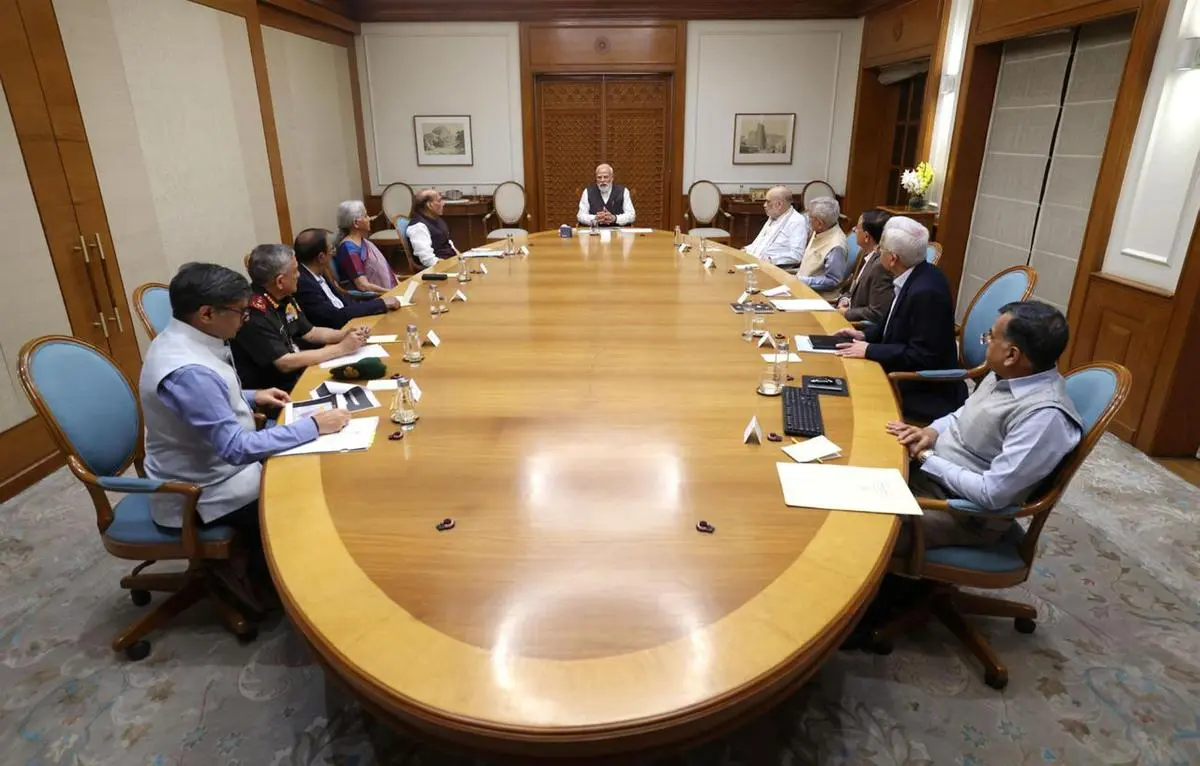The markets which were taken into consideration are the US, Canada, UK, UAE, Saudi Arabia, Hong Kong, Malaysia, Singapore and Australia
Almost 80 per cent of overseas Indians have been investing in India and quite a large number of them expect to increase their investment significantly over the medium term. This was from a HSBC report, the Global Indian Pulse. The report used a sample size of 4,152 respondents over nine markets making this one of the largest studies focusing on the global Indian diaspora. HSBC mentioned that a 32 per cent of third generation global Indians intend to increase their investments in India by a “great deal” over the next three years. The markets which were taken into consideration are the US, Canada, UK, UAE, Saudi Arabia, Hong Kong, Malaysia, Singapore and Australia.
The report documents the lives and experiences of global Indians in their new countries, and explores how these 30 million+ individuals feel about their heritage, their connection to India, and how the pandemic has impacted them. It also looks into investment habits, feelings on sustainability and plans for the future.
Nuno Matos, Chief Executive Officer, Wealth and Personal Banking, HSBC in his foreword points out that “the Indian diaspora is the largest migrant population in the world, and through this study we want to understand more about how Global Indians view the places where they live, and also the strength and importance of their connections back to India. With HSBC’s history of over 155 years in India – and internationally – we are committed to helping people to open up a world of opportunities across the markets we operate in.”
Matos goes on to say, “We live in a time where the exchange of ideas, culture, money and goods transpires around the globe more freely than ever before. This increased circulation brings huge positives, enabling greater connections between people and enriching communities.”
“The third generation of global Indians would be more motivated to aid the country’s economic recovery after the pandemic than other generations – 32 per cent as against 26 per cent of first and second generations.”
This development, says Matos, “can be seen clearly among the Indian diaspora. The enormous contribution made by Global Indians to the prosperity of countries and territories all around the world is widely acknowledged and highly respected. While, in some quarters, perceptions of an outflow of skilled workers from India persist, we believe the reality is more of a ‘brain circulation’ and many Global Indians are invested both emotionally and financially in the long-term success and development of India”.
The first edition of The Global Indian Pulse, writes Matos, “offers constructive evidence that aims to foster deeper understanding of this diaspora, and shine light on their emotional and financial contributions to their maternal country. The report looks behind the data in order to tell the stories behind their perspectives and celebrate the role of Global Indians in terms of realising a confident future for India. It explores the unique emotional and cultural connection this diverse diaspora maintains with India, and reveals how these attitudes and connections span generations”.
According to the report which was partnered with global market research firm IPSOS MORI, overseas Indians’ key target area for investments in their country of origin over the next two years was sustainable investment, with 76 per cent saying that environmental or social initiatives and funds were major investment drivers. Skills development, recycling, solar/ wind power generation and electric cars were their top choices, the report said. The report also said that private equity was strongly coming into India, especially in sectors such as technology and this had been aided by the fact that Indian Americans who achieved success in the US have subsequently moved into finance, adding that the number of Indians in private equity and venture capital had increased significantly from a decade ago.
“We asked global Indians planning to make sustainable investments what would stop them from doing so. We see the same obstacles in India and countries of residence. The top barrier is having more important places to spend their money and concerns about returns is another factor,” the report said.
The third generation of global Indians would be more motivated to aid the country’s economic recovery after the pandemic than other generations – 32 per cent as against 26 per cent of first and second generations, it said.
However, though the report was optimistic about India as an investment destination, it warned that Indian investment portfolios did not offer among the best returns.
For full details read: https://internationalservices.hsbc.com/content/dam/hsbc/hsbcis/docs/indian-pulse/reports/Global_Pulse_Report.pdf
************************************************************************
Readers








